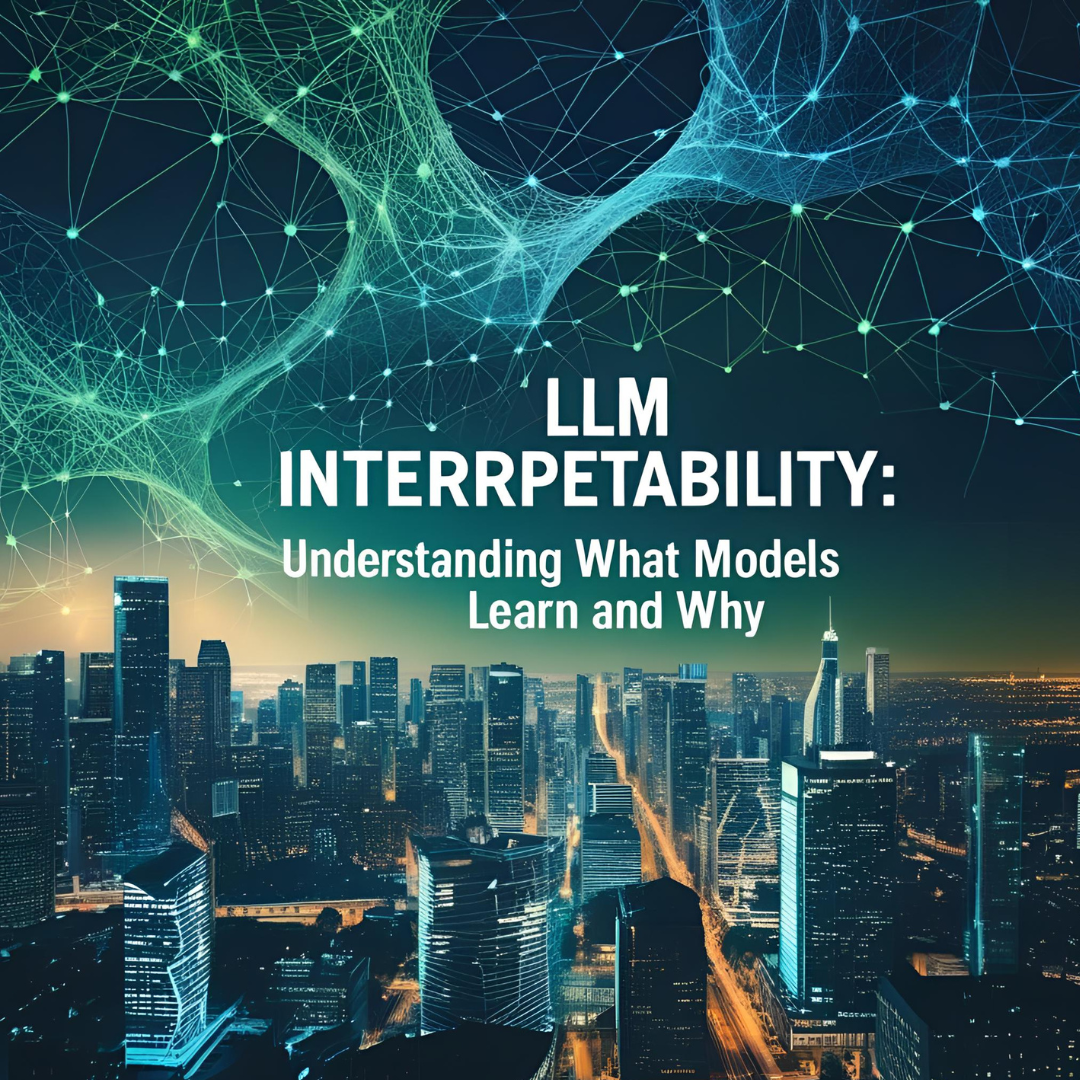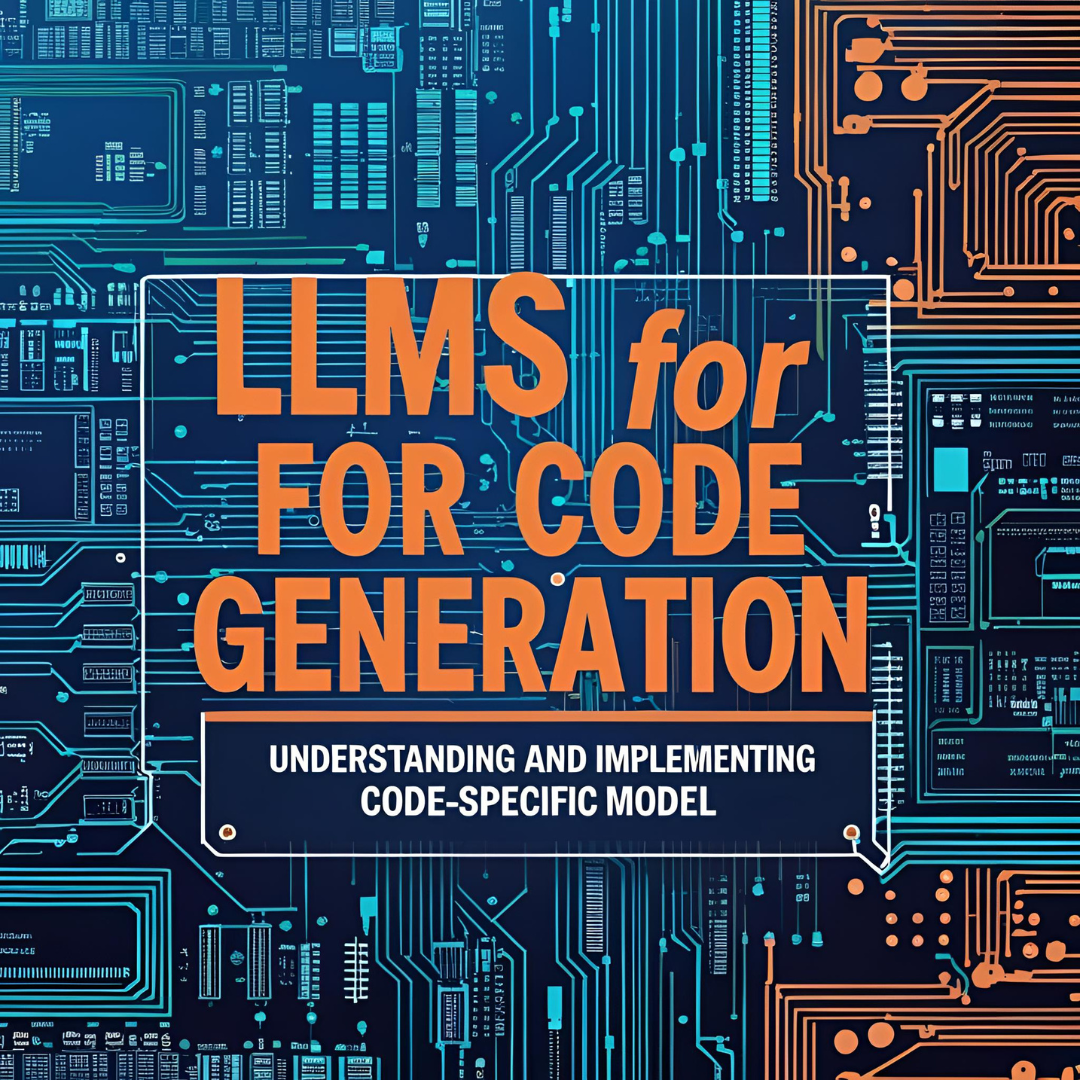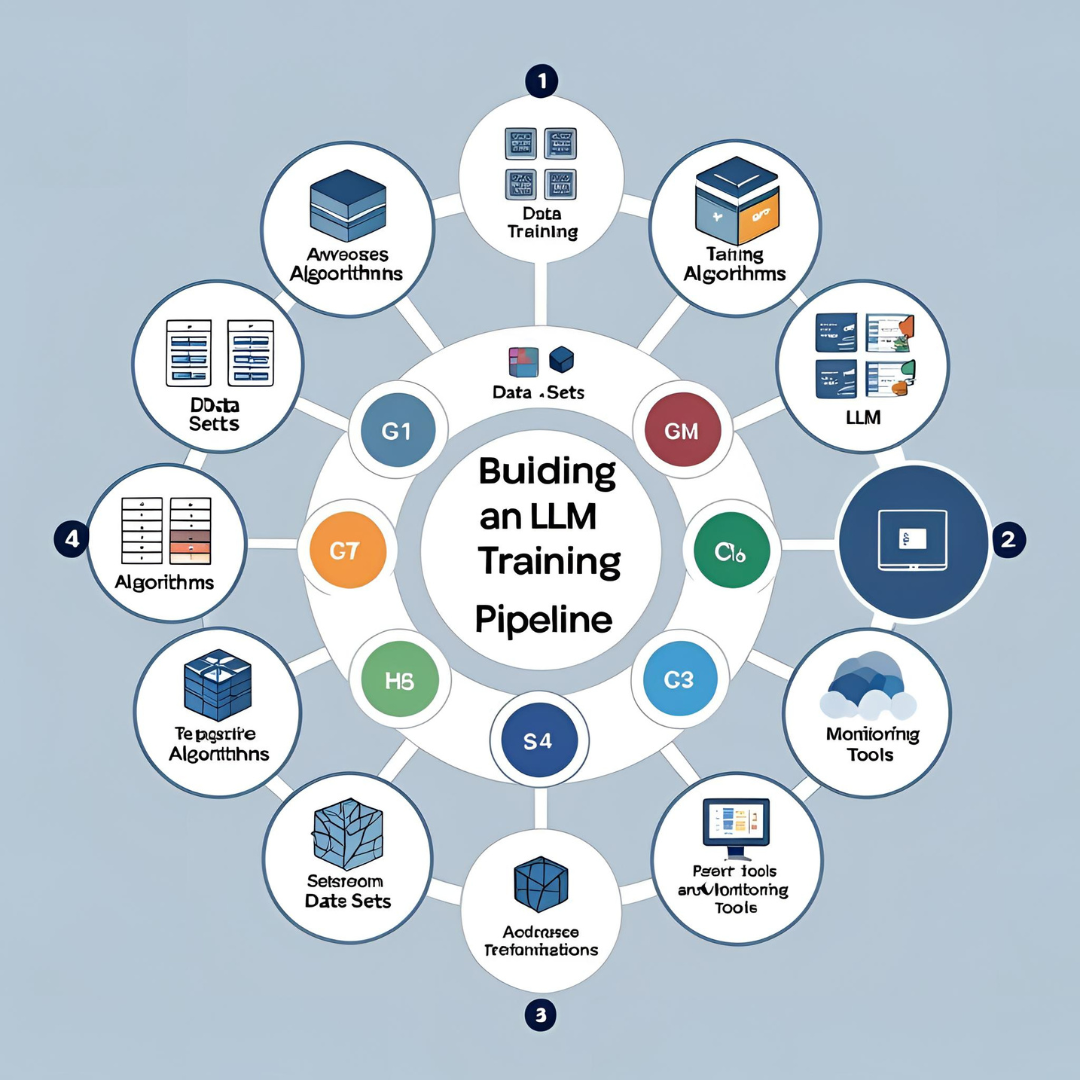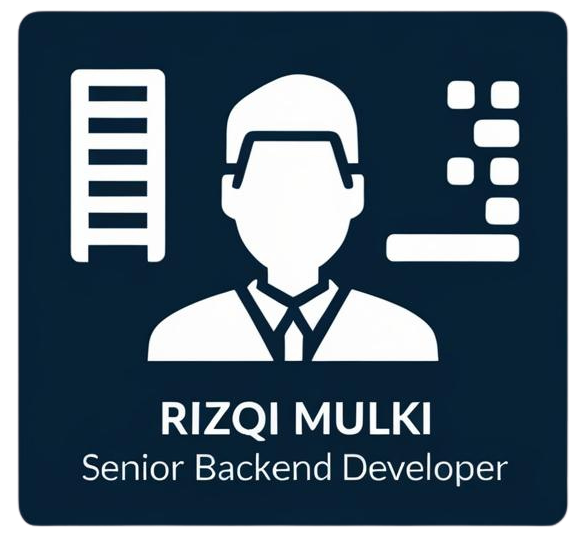Category: LLM
-

The Future of LLMs: Predictions and Emerging Trends
Large Language Models (LLMs) have fundamentally transformed how we interact with artificial intelligence, evolving from simple text generators to sophisticated reasoning systems capable of complex problem-solving. As we stand at the threshold of even more remarkable developments, understanding the trajectory of LLM evolution becomes crucial for businesses, researchers, and society at large. Current State: Beyond…
-

Ethical AI and LLMs: Bias Mitigation and Responsible Development
The rapid deployment of Large Language Models (LLMs) across industries and societies has brought unprecedented capabilities, but also unprecedented responsibilities. As these systems shape how we communicate, learn, and make decisions, the ethical implications of their development and deployment have become one of the most critical challenges in artificial intelligence. The stakes are high: biased,…
-

LLM Interpretability: Understanding What Models Learn and Why
As Large Language Models (LLMs) become increasingly sophisticated and ubiquitous in our daily lives, a fundamental question emerges: What exactly are these models learning, and how do they arrive at their conclusions? The field of LLM interpretability seeks to peer inside the “black box” of neural networks, uncovering the mechanisms, representations, and decision-making processes that…
-

Edge LLMs: Running Large Models on Resource-Constrained Devices
The paradigm of artificial intelligence is rapidly shifting from cloud-centric to edge-centric computing. As Large Language Models (LLMs) become increasingly sophisticated, the challenge of deploying these powerful systems on resource-constrained devices—smartphones, embedded systems, IoT devices, and edge servers—has emerged as one of the most critical frontiers in AI research and development. This transformation promises to…
-

Multilingual LLMs: Training and Evaluation Across Languages
The evolution of Large Language Models (LLMs) has undergone a remarkable transformation in recent years, particularly in the realm of multilingual capabilities. Models like GPT-4, PaLM, and Claude not only excel in English but also demonstrate proficiency in understanding and generating text across dozens of languages. However, behind these impressive capabilities lies a complex web…
-

LLM Agents and Tool Use: Building AI Systems That Can Act
The evolution of Large Language Models (LLMs) has taken a significant leap forward with the emergence of AI agents capable of not just understanding and generating text, but actually taking actions in the real world. These LLM-powered agents represent a paradigm shift from passive language models to active problem-solving systems that can interact with external…
-

Domain-Specific LLMs: Medical, Legal, and Scientific Applications
Introduction While general-purpose Large Language Models (LLMs) like GPT-4 and Claude demonstrate impressive capabilities across various tasks, specialized domains often require models with deeper, more precise knowledge. Domain-specific LLMs have emerged as powerful solutions for professional fields where accuracy, terminology precision, and specialized reasoning are paramount. This post explores the development, implementation, and applications of…
-

LLMs for Code Generation: Understanding and Implementing Code-Specific Model
Introduction Large Language Models (LLMs) have revolutionized the software development landscape, transforming how developers write, debug, and optimize code. The emergence of code-specific models has opened new possibilities for automated programming assistance, from simple code completion to complex algorithm generation. This post explores the fundamentals of LLMs in code generation and provides practical insights for…
-

Creating Your Own LLM Training Pipeline: End-to-End Implementation
Introduction Building a complete LLM training pipeline from scratch represents one of the most challenging and rewarding endeavors in modern machine learning engineering. Unlike traditional ML pipelines that process structured data with well-defined features, LLM training requires orchestrating massive datasets, distributed computing resources, and complex optimization procedures that push the boundaries of current infrastructure capabilities.…
-

Building Production-Ready LLM Systems: Scaling, Monitoring, and Deployment
Introduction The transition from experimental Large Language Model (LLM) prototypes to production-ready systems represents one of the most complex engineering challenges in modern AI infrastructure. Unlike traditional machine learning deployments, LLM systems introduce unique operational complexities that span multiple domains: massive computational requirements, unpredictable inference patterns, complex failure modes, and stringent latency requirements that must…
